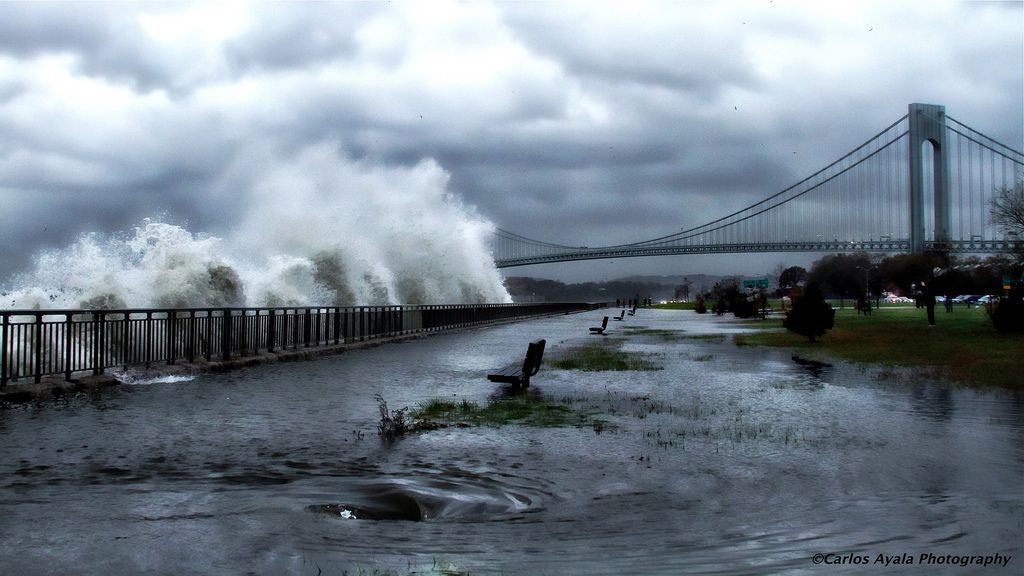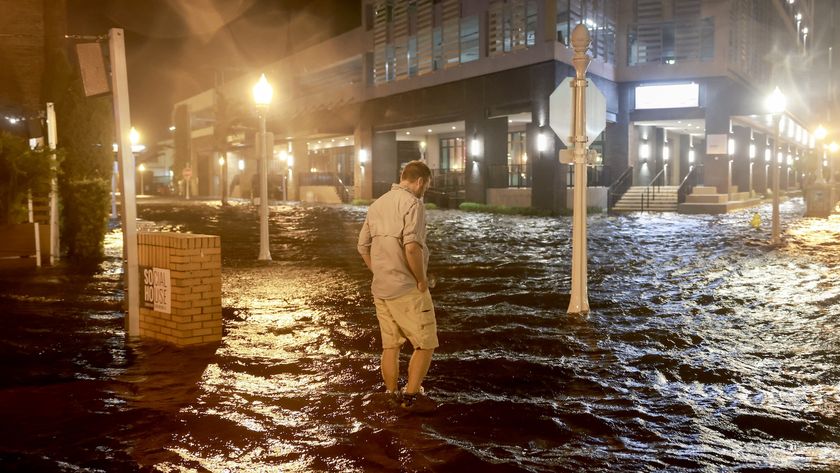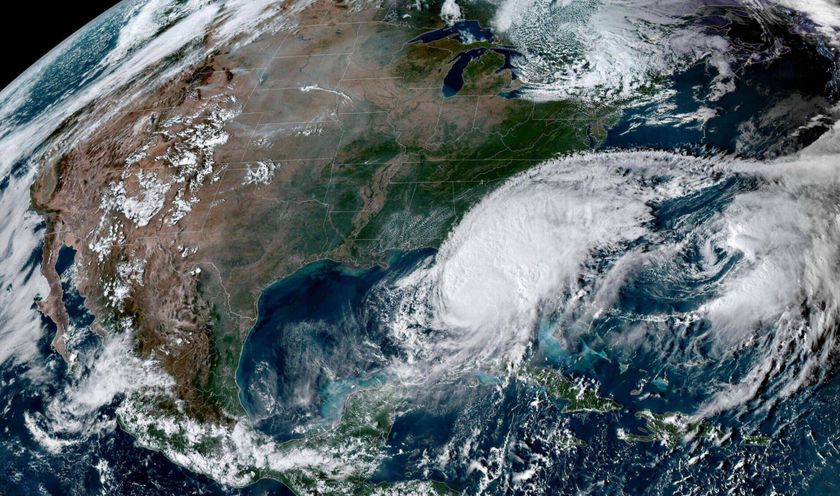Flickr Posts Tracked Hurricane Sandy's Landfall

When Hurricane Sandy came ashore in October 2012, it made waves in the virtual world as well as the real one.
Photographs posted to the picture-sharing website Flickr track Sandy's landfall on Oct. 30, 2012, precisely, according to a new study published today (Nov. 5) in the journal Scientific Reports.
"Our results show that the greatest number of photos taken with Flickr titles, descriptions or tags including the words 'hurricane,' 'sandy' or 'hurricane sandy' were taken in exactly the hour which Hurricane Sandy made landfall," study researcher Tobias Preis, a professor of behavioral science and finance at the Warwick Business School in the U.K., wrote in an email to LiveScience.
Preis and his colleagues have previously found that Google searches can predict stock market ups and downs. Online postings and searches have also been used to predict the spread of the flu and drug side effects. The social media site Twitter can even track global mood swings, according to a 2011 study in the journal Science.
In light of such findings, Preis and his colleagues decided to find out whether Hurricane Sandy made a social media splash, too. The researchers searched Flickr for Sandy-related tags, which users assign as a way to categorize photographs. They found that the number of photographs taken tracked perfectly with the storm's landfall in New Jersey, as measured by atmospheric pressure, which decreases toward the center of a storm like Sandy.
"As air pressure in New Jersey fell to its worst lows, the number of photos taken rose, and as air pressure in New Jersey rose again, the number of photos taken fell," Preis wrote.
The photo-taking spike may have been caused by changes in the weather, in which case Flickr could be a good gauge of outside conditions if no other options were available during an event, the researchers reported. Alternatively, people could have been alerted to the storm's approach by media and gotten out the cameras in response. If the latter is the case, Flickr may be a reflection of moments of national attention. More work is needed to see if the Flickr phenomenon holds in other disaster situations, the researchers wrote.
Sign up for the Live Science daily newsletter now
Get the world’s most fascinating discoveries delivered straight to your inbox.
Follow Stephanie Pappas on Twitter and Google+. Follow us @livescience, Facebook & Google+. Original article on LiveScience.

Stephanie Pappas is a contributing writer for Live Science, covering topics ranging from geoscience to archaeology to the human brain and behavior. She was previously a senior writer for Live Science but is now a freelancer based in Denver, Colorado, and regularly contributes to Scientific American and The Monitor, the monthly magazine of the American Psychological Association. Stephanie received a bachelor's degree in psychology from the University of South Carolina and a graduate certificate in science communication from the University of California, Santa Cruz.











